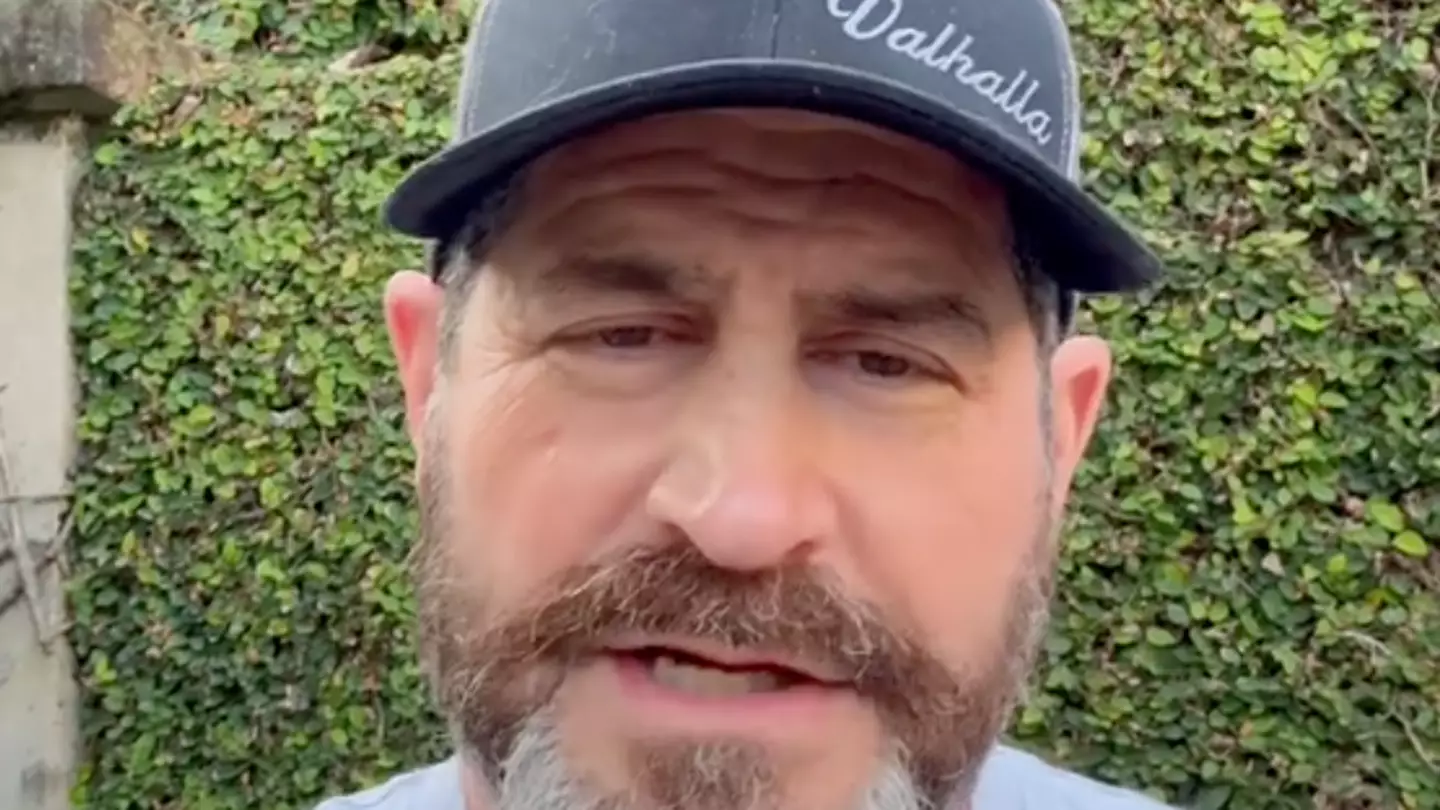
A cardiovascular surgeon has shared a quick test to assess your heart health.
Fret not as the method in question, promoted by Dr Jeremy London, is not invasive and can be performed at home, as long as you have a device that can measure your heart rate.
A heart surgeon with 25 years’ experience, Dr London works in Savannah, Georgia, but has become globally known on TikTok and other social platforms for sharing tips to keep your heart healthy - though a doctor’s appointment is always recommended to get personalised advice.
Earlier this month, Dr London revealed how to check your heart health and efficiency in an easy and painless way.
Advert

Called Heart rate recovery (HRR), Dr London’s suggested test measures the drop in heart rate following any physical activity. According to the surgeon, generally, the higher your HRR, the better.
The test is important to be aware of how quickly your heart recovers after being engaged in physical activity, measured at one and two minutes.
“Heart Rate Recovery is a non-invasive, simple tool for assessing general heart health,” London captioned his video on Instagram.
How to measure your heart rate recovery
In order to measure your HRR, all you need to do is engage in moderate-to-intense activity for a few minutes.
Advert
After you stop, you will need to immediately note your heart rate ‘at peak exertion’.
Once you’re done, you’ll have to measure your heart rate again after one minute and two minutes. The key to the test lies in checking how much your heart rate drops once you’ve stopped exercising.

Dr London wants you to check ‘the autonomic nervous system ability to go from fight or flight to rest and digest’, highlighting a ‘direct correlation between decrease cardiovascular and all cause of mortality’.
And it’s not just about the heart we’re talking about here - the heart surgeon said that a ‘more stable’ autonomic nervous system results in improved overall health.
Advert
According to Dr London, a higher HRR can indicate a healthier cardiovascular system.
Specifically, a ‘drop of ≥20 bpm in the first minute’ is the number you’ll want to be looking at, the medic explained. At two minutes, a drop greater than 50 is said to be ideal.
If your HRR records a drop that’s below 12 bpm, Dr London said it may indicate poorer cardiovascular health.
How to improve your heart rate recovery
The surgeon also shared some advice on how to improve your HRR and heart health through ‘regular aerobic training’ and ‘some hit workouts’.
Advert
Additionally, Dr London recommended some techniques that worked well for him, such as breath work, yoga and mobility.
“That which is not measured can’t be improved upon,” he concluded.
